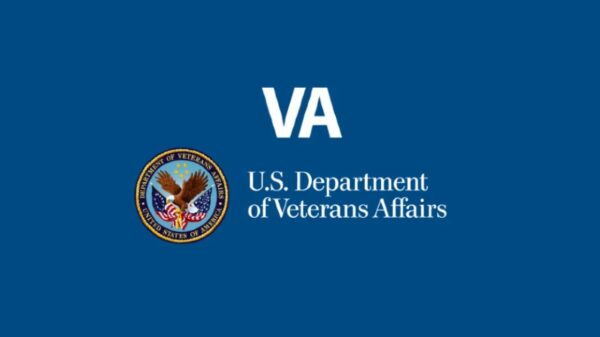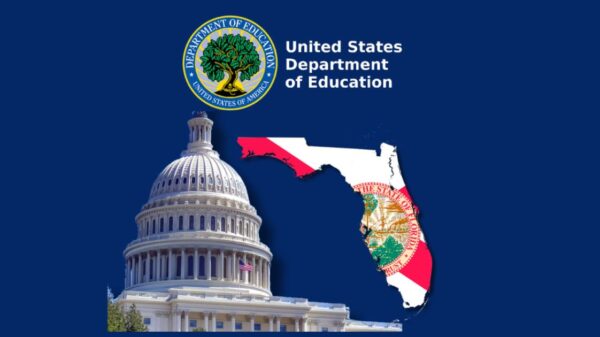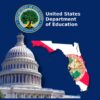This week, Florida’s two Republicans in the U.S. Senate–U.S. Sens. Marco Rubio and Rick Scott–joined U.S. Sen. Ron Johnson, R-Wis., the chairman of the U.S. Senate Homeland Security and Governmental Affairs Committee, to write acting U.S. Homeland Security Sec. Chad Wolf to better understand the process through which the shooter in the December 2019 Pensacola shooting, Ahmed Mohammed al-Shamrani, received a visa to participate in military training here in the United States.
The senators wrote the following:
On December 6, 2019, Ahmed Mohammed al-Shamrani, a Saudi Arabian national here in the United States on an A-2 visa for military training, killed three people and injured eight at the Naval Air Station in Pensacola, Florida. On January 13, 2020, Attorney General William Barr described this attack as “an act of terrorism” and referred to evidence that “the shooter was motivated by jihadist ideology.” According to other reports, the Saudi government allegedly believes that al-Shamrani may have embraced a radical Islamist ideology as early as 2015, two years before he entered the United States. Just before his attack, al-Shamrani visited the 9/11 Memorial in New York City.
The Committee on Homeland Security and Governmental Affairs is conducting oversight of the processes and procedures through which al-Shamrani received a visa to participate in military training here in the U.S. To better understand how the Department of Homeland Security (DHS) vets A-2 visa applications like al-Shamrani’s, I respectfully request the following information and material:
1. Please provide a timeline of Ahmed Mohammed al-Shamrani’s nonimmigrant visa vetting process.
2. What specific vetting actions were conducted for Ahmed Mohammed al-Shamrani?
3. What was the result in the PATRIOT database for Ahmed Mohammed al-Shamrani?
4. Was Ahmed Mohammed al-Shamrani interviewed by U.S. officials?
5. Did U.S. officials identify additional requests for information in Ahmed Mohammed al-Shamrani’s visa application?
6. Was DHS made aware of any documents that the Kingdom of Saudi Arabia provided about Ahmed Mohammed al-Shamrani that indicated he may have been radicalized or had any sympathy to radical Islam or any known or suspect terrorists with links to radical Islam?
7. What type of social media monitoring did DHS conduct of Ahmed Mohammed al-Shamrani during his stay in the United States? What is DHS policy regarding monitoring of visiting foreign military personnel’s social media?
8. Upon entry to the U.S., was Ahmed Mohammed al-Shamrani processed in person by Customs and Border Protection (CBP)? Were any concerns raised? Were biometrics for Ahmed Mohammed al-Shamrani collected?
9. How many A visa holders did CBP refuse entry in fiscal year 2019? How many A visa refusals were Saudi nationals?
10. What diplomatic courtesies or other differences from regular nonimmigrant visa arrivals are afforded on arrival to individuals on an A visa?
11. Did Ahmed Mohammed al-Shamrani ever enter the U.S. prior to his arrival in 2017 for the training program at Naval Air Station Pensacola? Did Ahmed Mohammed al-Shamrani travel within the U.S. after entering the U.S. for training? If so, please provide the date(s) and the type of visa(s) he received.
12. According to the Department of Justice, 21 members of the Saudi military present in the U.S. for training were in possession of derogatory materials. Please identify those 21 individuals and provide specific information about their entry into and conduct within the U.S., including a description of the illicit materials they possessed (e.g., child pornography, jihadi or anti-American content, etc.).
Please produce this material as soon as possible, but by no later than 5:00 p.m. on February 7, 2020. To the maximum extent possible, please provide unclassified reposes to my questions. Any classified information provided in response to this letter should be provided under separate cover through the Office of Senate Security. In addition, I request that appropriate Department of Homeland Security staff arrange a briefing with my staff on this matter. Please arrange this briefing by February 21, 2020.
The Committee on Homeland Security and Governmental Affairs is authorized by Rule XXV of the Standing Rules of the Senate to investigate “the efficiency, economy, and effectiveness of all agencies and departments of the Government.” Additionally, Senate Resolution 70 (116th Congress) authorizes the Committee to examine “the efficiency and economy of operations of all branches the Government.” For purposes of this request, please refer to the definitions and instructions in the enclosure.
Thank you for your attention to this important matter.



















